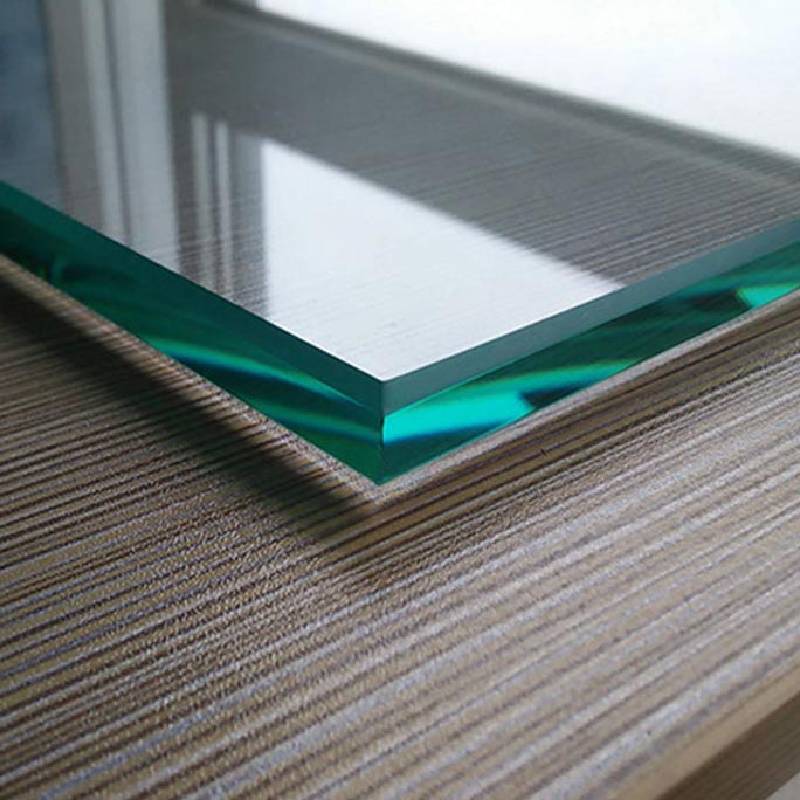

Curved insulated glass units (CIGUs) have revolutionized modern architecture, allowing designers to create visually stunning structures that harmonize aesthetics with functionality. These innovative building materials combine the excellent thermal performance of insulated glass with a sleek, curved design, making them ideal for contemporary homes, commercial buildings, and iconic landmarks.
One of the primary benefits of curved insulated glass units is their ability to provide superior thermal insulation. The insulating layer within these units reduces heat transfer, helping to maintain a comfortable indoor temperature regardless of the weather conditions outside. This property is particularly valuable in regions with extreme temperatures, as it can lead to significant energy savings by reducing reliance on heating and cooling systems. Furthermore, with growing concerns about environmental sustainability, using CIGUs can help builders achieve energy-efficient certifications and reduce the overall carbon footprint of a structure.
Aesthetic appeal is another significant advantage of curved insulated glass units. The seamless, graceful curves can add a unique character to any building, enhancing its visual impact. Architects have the freedom to design structures with expansive glass facades that create light-filled interiors while also offering expansive views of the surrounding landscape. This innovative glass solution can be utilized in various applications, from sweeping residential windows to stunning commercial storefronts and even large-scale public installations.

Moreover, advancements in technology have made it possible to produce curved insulated glass in a range of shapes and sizes, allowing for increased design flexibility. This versatility makes it suitable for diverse architectural styles, from modern minimalist designs to more traditional concepts. Additionally, CIGUs can be treated with various coatings to enhance privacy, reduce glare, and improve solar control, further expanding their applicability in diverse environments.
However, the manufacture and installation of curved insulated glass units do come with their challenges. The process requires precise engineering and skilled craftsmanship to ensure that the glass maintains its structural integrity and thermal performance. Additionally, considerations must be made for the framing and support structures to accommodate the unique shapes and weight of CIGUs.
In conclusion, curved insulated glass units represent a fusion of beauty and efficiency, offering numerous advantages for contemporary architecture. They provide exceptional insulation, striking aesthetics, and design versatility, making them an attractive option for various applications. As sustainability becomes increasingly important in the construction industry, the adoption of CIGUs is likely to rise, paving the way for innovative designs that embrace both form and function. As architects and builders continue to explore the boundaries of modern design, the significance of curved insulated glass units will undoubtedly endure, shaping the skylines of the future.